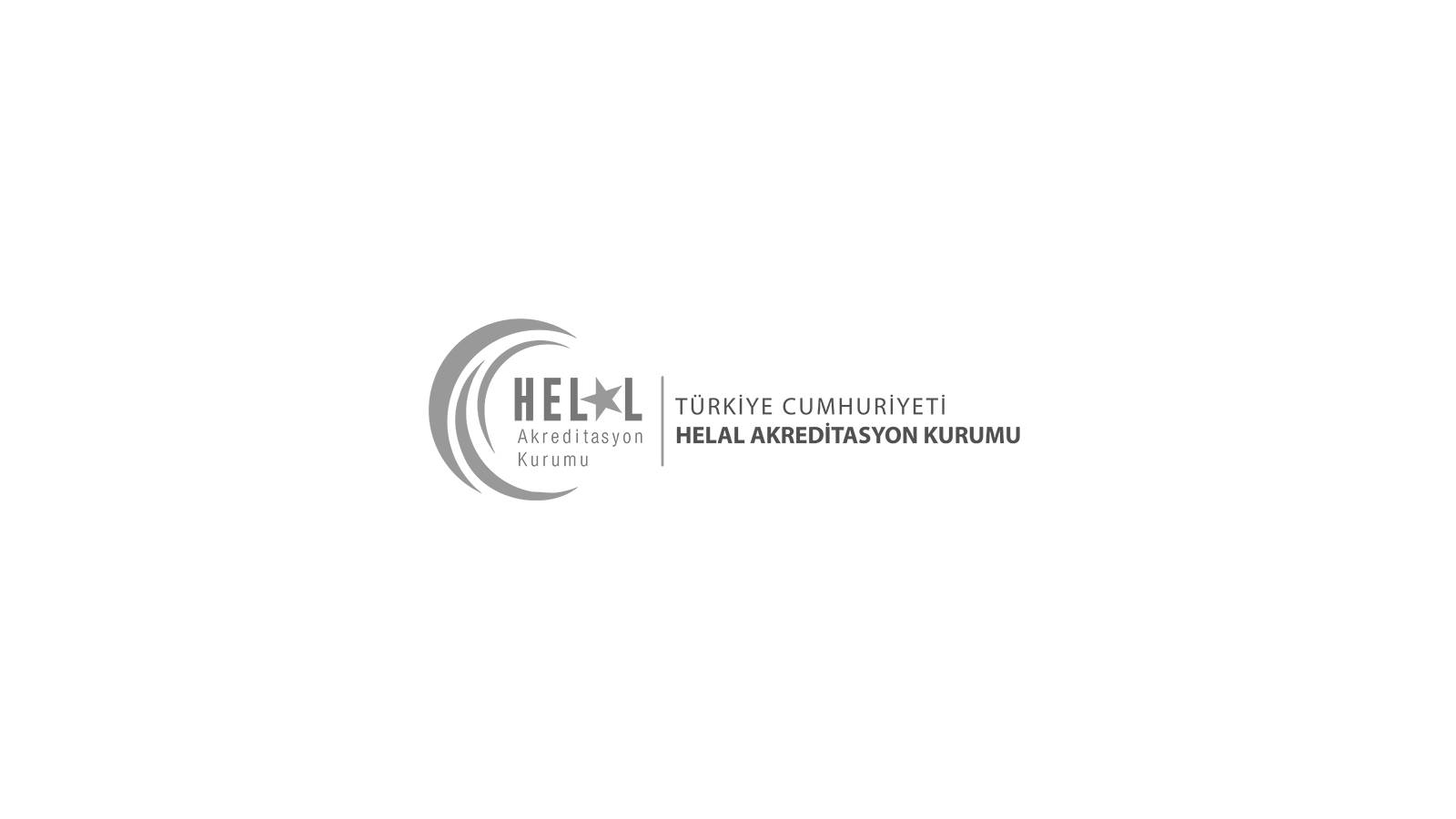- Ana Sayfa
- International Relations
- Halal Regulations by Country
- Asia
- Kingdom of Saudi Arabia

Kingdom of Saudi Arabia
Population
36,000,000
Capital City
Riyadh
Currency
Saudi Riyal (SAR)
Volume of Trade
Percentage of Muslim
97 %
GDP per Capita (Nominal)
56,817 $
GENERAL INFORMATION
Muslims make up 97% of Saudi Arabia, which has a population of approximately 36 million. In addition to serving as the Chairman of the Board of Directors of the Standards and Metrology Institute for Islamic Countries (SMIIC), the country is also a member of the Halal Food Issues (TC1), Halal Cosmetics Issues (TC2), Service Site Issues (TC3), Energy Efficiency and Renewable Energy (TC4), Tourism and Related Services (TC5), Agricultural Products (TC6), Transportation (TC7), Leather and Tanning Material (TC8), Textiles and Related Products (TC9), Halal Supply Chain (TC10), Halal Management Systems (TC11), Jewellry (TC13), Petroleum and Related Products (TC14), Terminology Committee (TC15), Halal Pharmaceuticals Issues (TC16) committees and the Committee on Standards for Conformity Assessment (SMIIC/CCA).
Petroleum and petroleum products constitute a significant portion of the country's exports. In the country's imports, food, beverage, cosmetics and pharmaceutical product groups come to the forefront, while halal certificate is required only for food and animal product imports for now. In addition, the Saudi Food and Drug Authority (SFDA) registers the facilities in the countries to be imported.[1] Brazil, Australia, Pakistan and India are at the forefront of the country's bovine meat imports, while Australia and New Zealand are at the forefront of the country's ovine meat imports. New Zealand, Denmark, United Arab Emirates and the Netherlands are at the forefront in the imports of dairy products, honey and eggs, and Turkey has a share of 4.5% with USD 86.5 million. Germany, the USA and France are the leading countries in the country's imports of pharmaceutical products.
Halal Certification Activities
The Saudi Standards, Metrology and Quality Organization (SASO) is the competent authority for all matters related to standardization, metrology and quality in the country. SASO carries out institutional and administrative tasks, including the preparation of Saudi standards for goods, products and services, and the establishment of conformity assessment and certification procedures. SASO also hosts the Saudi Accreditation Committee (SAAC), which is responsible for accrediting laboratories and certification bodies. With the recent regulations, SAAC within SASO has also become authorized for the acceptance and accreditation of halal certification bodies.
The Saudi Food and Drug Authority (SFDA) is the competent authority for the inspection of food, medicine, medical devices and cosmetics in the country. If the food to be imported into the country is meat and poultry, a halal slaughter certificate is also required. SFDA, which is the competent inspection authority for food imports into the country, publishes the companies authorized to export food products from other countries to Saudi Arabia on its website.[2]
Recently, the Saudi Food and Drug Authority (SFDA) has introduced a number of new practices in terms of food products to be imported into the country. While the Saudi Arabian authorities previously recognized the halal certificates issued by the TSE for exports from Turkey, this practice has been abandoned and new regulations have been introduced requiring halal certificates to be obtained from a certification body recognized by the SFDA for various food products to be imported into the country and products labeled 'halal' other than these. Among the recognized organizations there is a halal certification body accredited by our Agency and based in Türkiye.
The country hosts the Islamic Forum for Halal Accreditation Bodies (IFHAB), an OIC-affiliated international body that will be responsible for the functioning of the system for multilateral recognition of accredited halal certificates under the OIC/SMIIC standards. The organization is based in Mecca and Mr. Adel Alkeaid, Director of the Saudi Accreditation Committee (SAAC), has been elected as the Chief Executive Officer of the organization. Mr. Adel Alkeaid, director of the Saudi Accreditation Center (SAAC), has been elected as its Chairman of the Executive Committee. After the official launch of IFHAB, mutual recognition of halal certificates will be possible, which is aimed to prevent duplicate certification in the OIC member countries' markets and to ensure the reliability of halal certificates at the international level.
Halal Events/Fairs
The Saudi Halal Fair is planned to be held in Riyadh in 2025.
ADDITIONAL INFO
|
Authorized Institutions
|
Schedule of Events
|
Legislation
|
|
|
For Details Click here
|
The information on this website is provided by the Halal Accreditation Agency (HAK) for general information purposes only. While the content and information on this website are periodically reviewed and aspired to be correct, complete, and updated; the Agency does not assume any liability or does not guarantee the accuracy of information provided.
The website of the HAK may contain links providing direct access to external internet resources, including websites that are not provided or maintained by or in any way affiliated with the Agency. The Agency takes no responsibility for and will not be liable for the links provided on this website.
The information on this website cannot be reproduced or used without prior approval from the Agency, and/or credit is given to the source.







